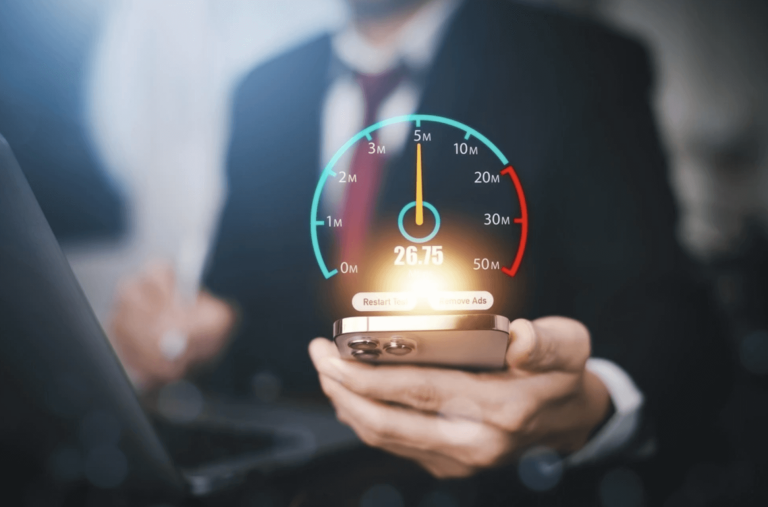In the country where digital connectivity is becoming as fundamental as electricity, the debate over which Pakistani city has the highest internet speed has been hotly debated by students, business people and other tech-aware citizens. As the broadband network in Pakistan keeps growing, it would still be evident that there is a definite winner, Islamabad. We can take a dive into the data, the reasons why and what it is doing to the rest of the country.
Islamabad
The most recent reports by the Pakistan Telecommunication Authority (PTA) and independent speed-testing firms show that Islamabad often leads the list in both average broadband speed of at least 68Mbps and a mobile data average of 23Mbps at peak times. Several factors contribute:
Strategic Infrastructure: Islamabad is the capital of the country and it is home to major government agencies that have invested much in high-capacity fiber networks. The existence of the Digital Islamabad project has challenged service providers to advance their infrastructure.
Competitive Market: There is a heavy presence of major telecom operators such as Zong, Jazz, Telenor and Ufone in the capital which results in competition and better service delivery.
Urban Density and Commercial Demand: A high density of businesses, government offices, and educational institutions will introduce a demand to have reliable connections with high-speed and, consequently, motivate the providers to provide a better network coverage.
Karachi
The largest city and economic center in Pakistan, Karachi, comes in at the second place with an average broadband speed of 62 Mbps and mobile data speed of 19 Mbps. The high rate of growth and mixed economy in this city has triggered heavy investments in fiber optics and 5G early adopters particularly in Clifton and Gulshan-e-Iqbal districts. But, periodical overcrowding in overpopulated districts may lower averages a little.
Lahore
The average broadband in Lahore is approximately 58⁻ Mbps in fixed connections and 20Mbps in mobile data. Digital startups and e-learning platforms are also thriving in the city, which is forcing telecom providers to enhance their services. There is also an increasing IT centre in Lahore which has brought about an investment in data centre and cloud services with the prospect of a bright future of gaining speed.
Peshawar & Quetta
They are also registering improvement although Peshawar and Quetta are trailing the major metros. The average broadband speed in Peshawar is approximately 45 Mbps and in Quetta it is approximately 42Mbps. Such cities are enjoying the PTA national broadband plan, which involves fiber rollout subsidies in underserved areas. Existing technology centers and the availability of campuses are beginning to push the service providers into renovating their networks.
The Future Outlook
In the next few years, the Internet Speed Index in Pakistan is projected to rise in all the cities due to:
5G Rollout: In 2023, the PTA declared countrywide 5G trials. In Islamabad, there are already commercial 5G services. By 2025, Pakistan is likely to be covered in Karachi, Lahore, and others by 5G.
Fiber Expansion: The PT&T “Digital Silk Road” program is to provide high-speed fiber to 90 percent of the population in the nation by the year 2026.
Smart City Projects: In such cities as Islamabad and Lahore, the development plan of urban development involves digital infrastructure that is integrated.
Islamabad is the definite winner in terms of the top-speed internet in Pakistan as of today. Karachi and Lahore have competitive speed and are on the rising trend whereas Peshawar and Quetta are striving to help them. With further telecom investment and 5G expansion, the digital divide between Pakistani cities will be reduced, and a more connected and technology-focused future will be available in the country.
Read: Latest Technology News







